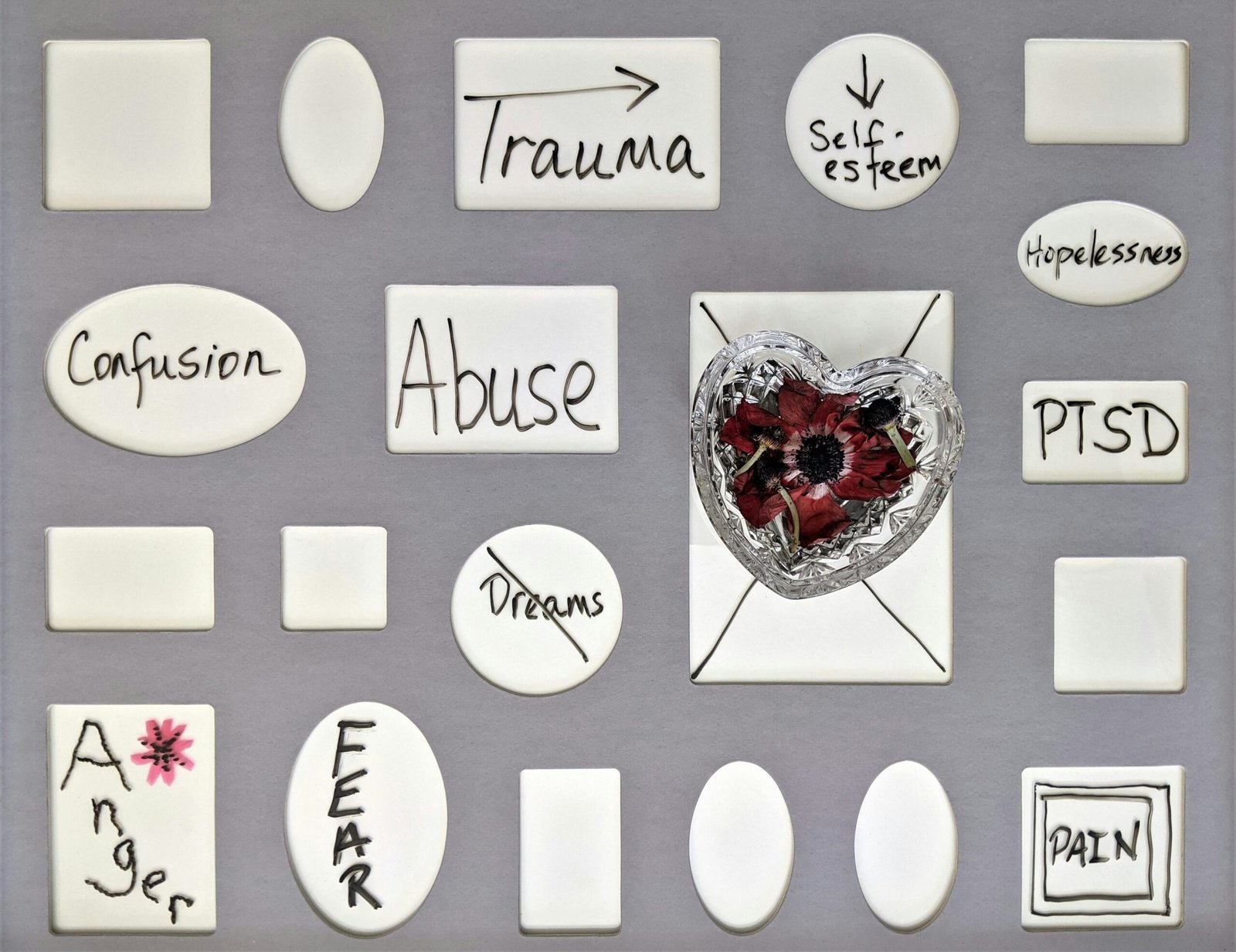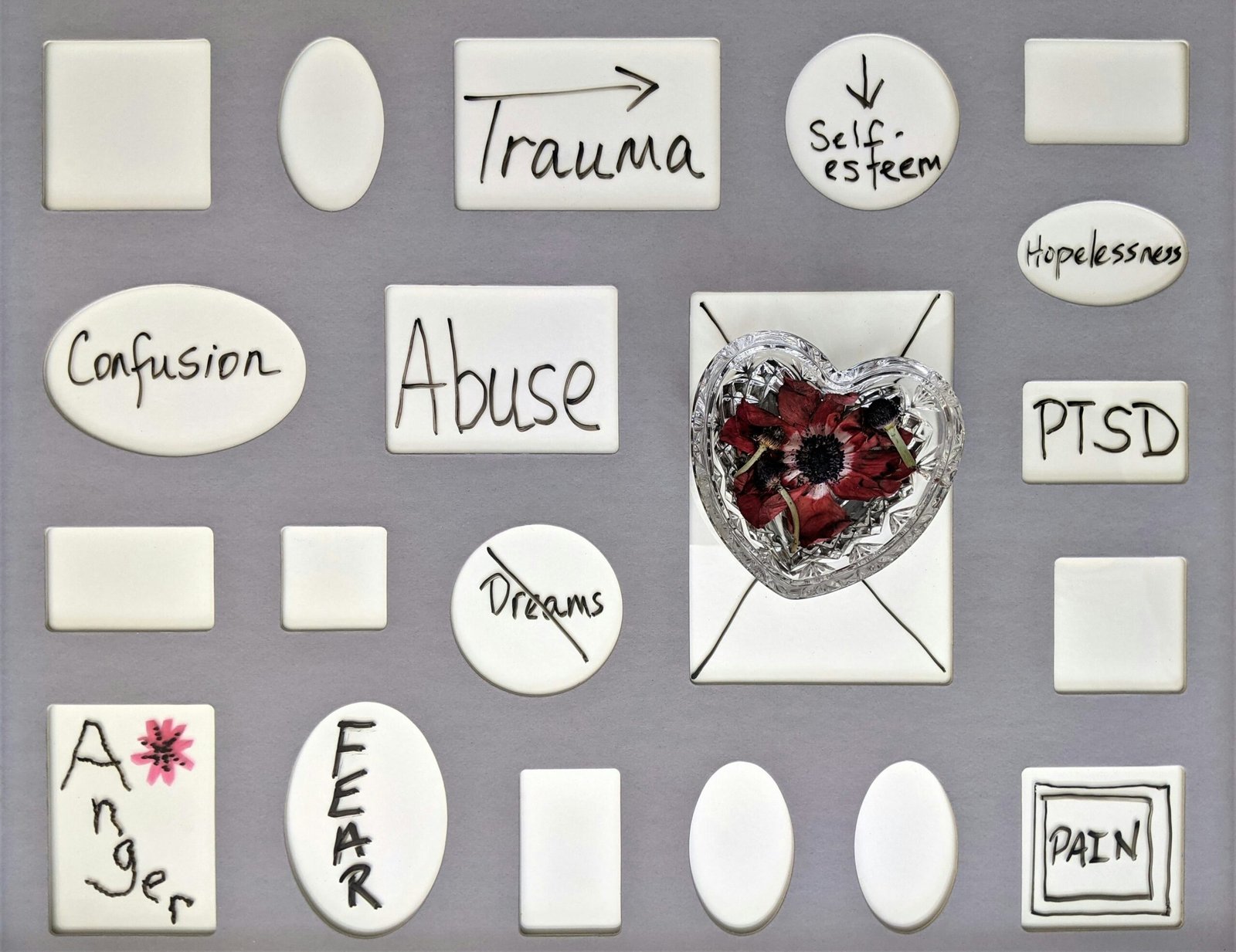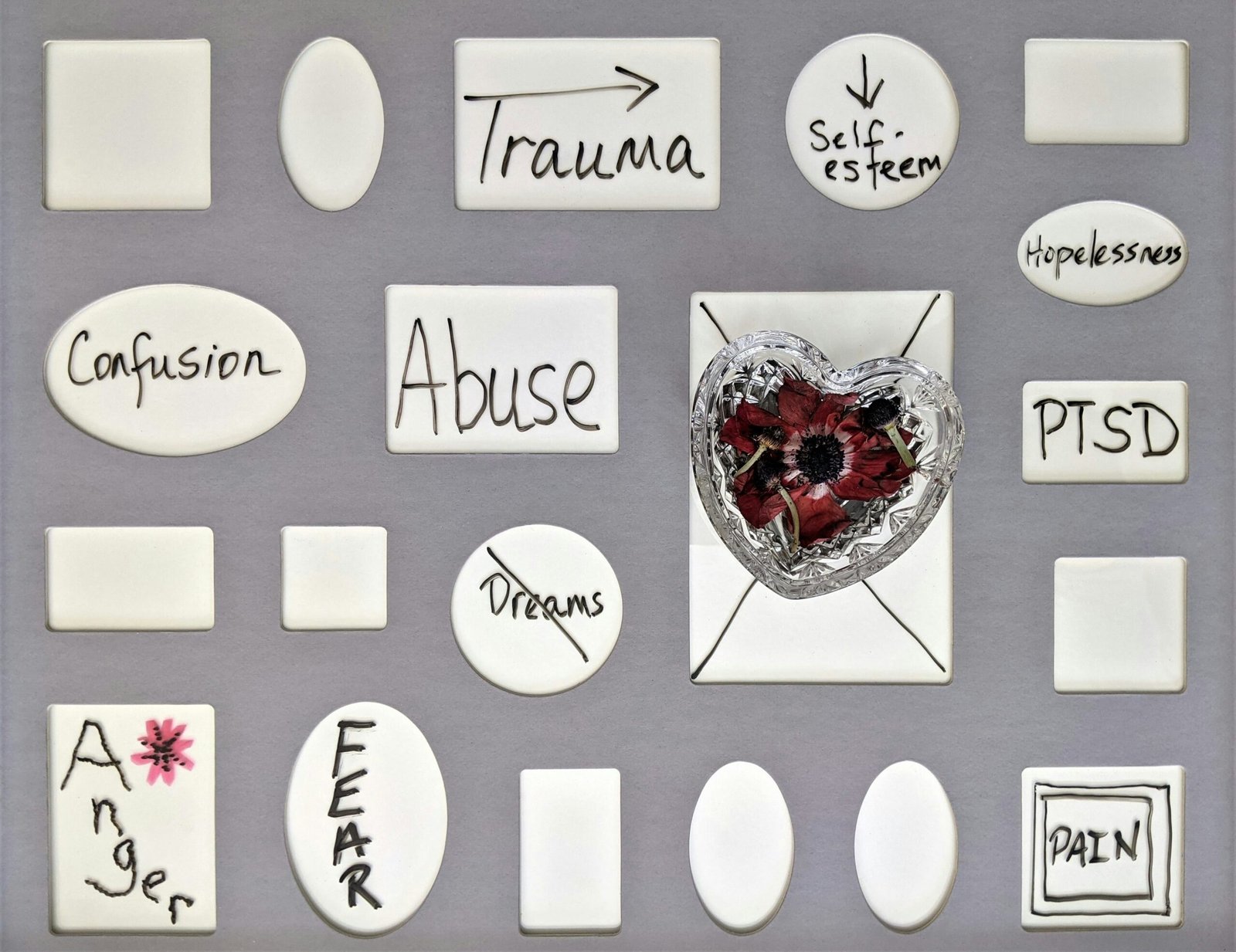Healing After Betrayal Trauma: Top 10 Ways to Recover and Rebuild Trust
Introduction:
Discovering that your spouse has betrayed your trust can be an incredibly painful and challenging experience. The emotional wounds left behind by betrayal trauma can feel overwhelming, but there is hope for healing and rebuilding trust. In this blog post, we will explore the top 10 ways to heal after spouse betrayal trauma, providing you with practical strategies to recover and move forward.
1. Acknowledge and Validate Your Feelings
One of the first steps to healing after betrayal trauma is to acknowledge and validate your feelings. It is natural to experience a wide range of emotions such as anger, sadness, confusion, and even shame. Allow yourself to feel these emotions without judgment, and seek support from trusted friends, family, or a therapist who can provide a safe space for you to express yourself.
2. Seek Professional Support
Recovering from betrayal trauma often requires professional guidance. Consider working with a therapist who specializes in trauma and relationship counseling. A skilled therapist can help you navigate the complex emotions and provide tools to cope with triggers, rebuild self-esteem, and establish healthy boundaries.
3. Practice Self-Care
Self-care is crucial during the healing process. Take time to engage in activities that bring you joy and promote self-nurturing. This can include exercise, meditation, journaling, spending time in nature, or pursuing hobbies that ignite your passion. Prioritizing self-care will help you rebuild your sense of self and boost your overall well-being.
4. Communicate Openly and Honestly
Open and honest communication is vital for healing and rebuilding trust in a relationship. Create a safe space where you and your partner can openly discuss your feelings, concerns, and expectations. Effective communication can foster understanding, empathy, and ultimately, facilitate the healing process.
5. Set Boundaries
Establishing clear boundaries is essential to protect yourself and rebuild trust. Communicate your needs and expectations to your partner, and ensure they are respected. Setting boundaries helps create a sense of safety and allows you to regain control over your life.
6. Practice Forgiveness
Forgiveness is a challenging but transformative process. It does not mean condoning the betrayal or forgetting what happened. Instead, it involves releasing the anger and resentment that may be holding you back from healing. Forgiveness is a personal journey, and it may take time. Seek support from a therapist or a support group to navigate this process.
7. Focus on Self-Reflection and Growth
Use this difficult experience as an opportunity for self-reflection and personal growth. Explore your own vulnerabilities, strengths, and values. Engage in activities that promote self-discovery, such as therapy, self-help books, or workshops. By focusing on personal growth, you can emerge from this experience stronger and more resilient.
8. Rebuilding Trust
Rebuilding trust takes time and consistent effort from both partners. It involves transparency, accountability, and a commitment to open communication. Consider seeking couples therapy to navigate the process of rebuilding trust together. Remember, trust can be rebuilt, but it requires patience, understanding, and a willingness to work through the challenges.
9. Surround Yourself with Supportive Relationships
During this healing journey, it is crucial to surround yourself with supportive relationships. Seek out friends, family, or support groups who can provide empathy, understanding, and encouragement. Connecting with others who have experienced similar challenges can offer validation and a sense of belonging.
10. Embrace the Journey of Healing
Healing after betrayal trauma is not a linear process. It involves ups and downs, setbacks, and breakthroughs. Embrace the journey, be patient with yourself, and celebrate even the smallest victories along the way. Remember, healing is possible, and by committing to your own well-being, you can create a brighter future.
FAQs:
Q: How long does it take to heal from betrayal trauma?
A: The healing process varies for each individual. It can take months or even years to fully recover from betrayal trauma. Be patient with yourself and seek support along the way.
Q: Can a relationship survive betrayal?
A: Yes, a relationship can survive betrayal with commitment, effort, and professional guidance. Rebuilding trust takes time and both partners must be willing to work through the challenges.
Q: Is forgiveness necessary for healing?
A: Forgiveness is a personal choice. While it can contribute to healing, it is not a requirement. Focus on your own well-being and seek support from a therapist to navigate the forgiveness process.
Q: How can I rebuild my self-esteem after betrayal?
A: Rebuilding self-esteem after betrayal trauma requires self-care, self-reflection, and engaging in activities that promote personal growth. Seek support from a therapist who can guide you through this process.
Q: Can trust be fully restored after betrayal?
A: Trust can be rebuilt after betrayal, but it may never be the same as before. Rebuilding trust requires consistent effort, transparency, and open communication from both partners.
Tips:
– Take your healing journey one step at a time.
– Be patient with yourself and allow for setbacks.
– Seek professional guidance to navigate the healing process.
– Practice self-compassion and self-care regularly.
– Surround yourself with supportive relationships.
Conclusion:
Healing after betrayal trauma is a challenging but possible journey. By acknowledging and validating your feelings, seeking professional support, practicing self-care, and focusing on open communication and personal growth, you can recover and rebuild trust. Remember, healing takes time, but with patience and commitment, you can create a brighter future.
Call to Action: Share this blog post with others who may benefit from these strategies for healing after betrayal trauma. Together, we can support one another on the path to recovery.









